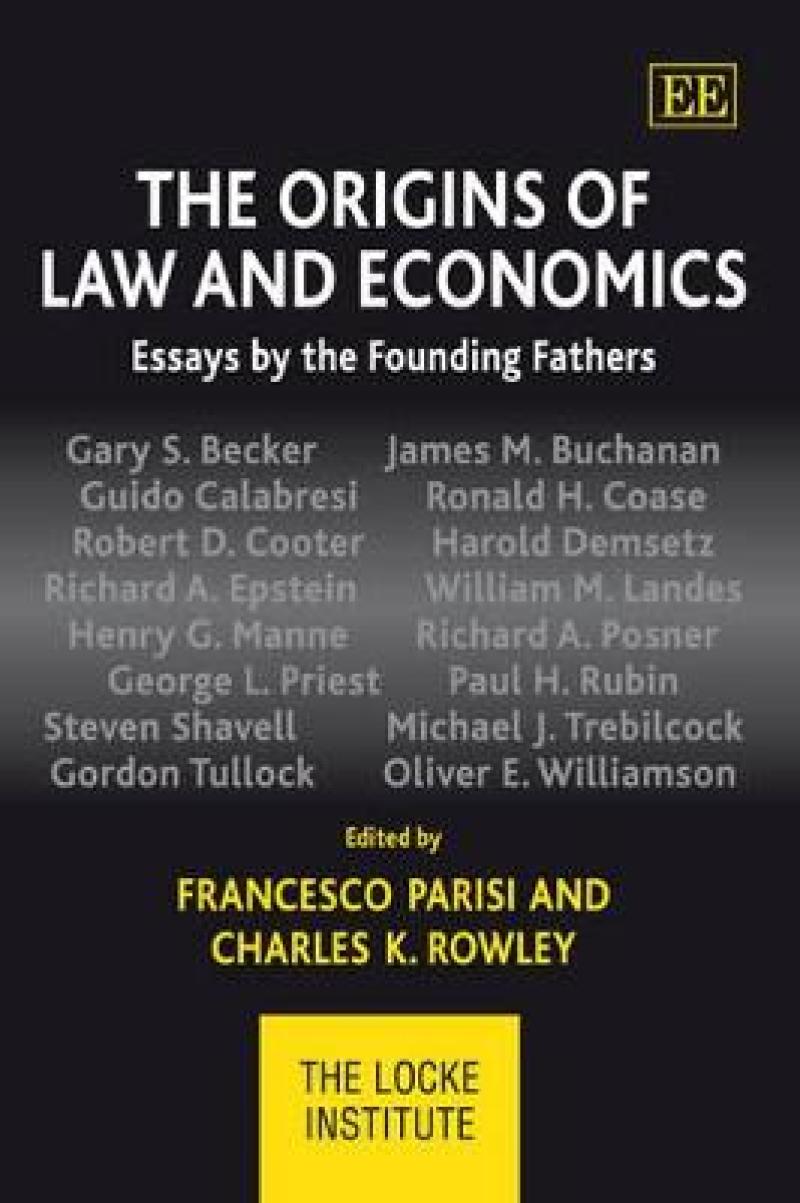<i>'This volume is very worthwhile to read for getting a much better understanding of the US origins of law and economics.'</i>
- Wolfgang Kerber, Jahrbucher fur Nationalokonomie und Statistik,
<i>'I recommend this book in the strongest terms to all scholars interested in the history of law and economics. . . for bringing together these essays and for attempting to place the field in historical perspective, the editors deserve our thanks. . . For insider perspectives on the evolution of the field, to get a sense for the different conceptions of what it means to do economics, to do law, and to do law and economics, the book makes for a most interesting read.'</i>
- Steven G. Medema, Review of Austrian Economics,
<i>'Scholars at all stages of their careers will be interested in seeing how the field of law and economics has developed over almost a half century - the topics that were of interest, the methodology used, the ways in which problems were defined, tackled, solved. This is a major contribution to the intellectual history of economics and of law and economics.'</i>
- Donald N. Dewees, History of Political Economy,
<i>'This book of specially commissioned, original papers, by two major</i>
These 16 essays (including three by Nobel Laureates in Economic Sciences) provide an impressive blend of differing experiences and varying perspectives, reflecting on the intellectual foundations of the field, its early struggles for recognition, and its remarkable advance during the last four decades of the twentieth century, and into the twenty-first. The essays clearly outline, and contribute new insights into, all of the central issues of this still vibrant research programme. A unifying theme of the book is the central importance attached by each scholar to scientific analysis, rather than to any particular ideology or dogma.
This book provides an absorbing intellectual history of law and economics, and will be a fascinating read for academics and researchers with an interest in law and economics, the history of economic thought, public choice and public policy.
